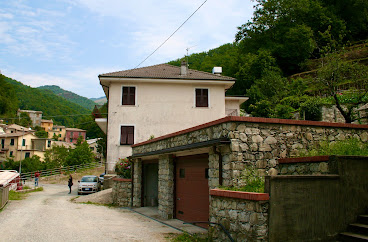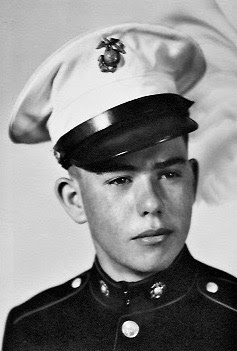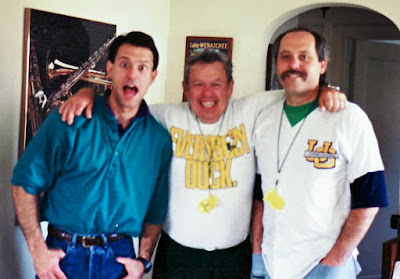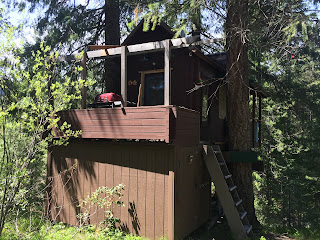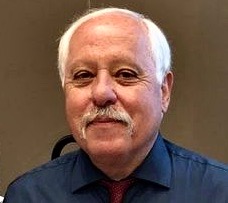 Stumbling onto Wallace Stegner by accident, I was intrigued by his character as portrayed in The Last Season by Eric Blehm. Stegner helped the protagonist of the story, aspiring writer Randy Morgenson, find his mojo as a writer. Morgenson, a wilderness ranger in the Sequoia-Kings Canyon National Park, later disappeared in the wild.
Stumbling onto Wallace Stegner by accident, I was intrigued by his character as portrayed in The Last Season by Eric Blehm. Stegner helped the protagonist of the story, aspiring writer Randy Morgenson, find his mojo as a writer. Morgenson, a wilderness ranger in the Sequoia-Kings Canyon National Park, later disappeared in the wild.
Stegner, an American novelist, short story writer, historian and environmentalist, won the Pulitzer Prize in 1972 for his novel Angle of Repose. But he initially achieved fame for his career-making, semi-autobiographical fifth novel Big Rock Candy Mountain published in 1943 and Crossing to Safety published in 1987, among dozens of other books.
Stegner taught writing at the University of Wisconsin and Harvard University before settling into Stanford University, where he founded the creative writing program. At Stanford, Stegner met Randy Morgenson's parents and would become a writing mentor to young Morgenson, a wilderness ranger who fancied himself as a writer.
Morgenson had written an article on the country adjacent to Four Corners, the border of Colorado, Utah, Arizona and New Mexico, and had submitted a query to National Parks & Conservation Magazine before he left for his tour of duty in the Kings Canyon/Sequoia National Park for the summer. Stegner had encouraged Randy to submit the article
Stegner reassured Randy, noting that once he got beyond publishing that first article, credibility would help carry him through to the next, building momentum for his writing career. When he returned from his summer detail, he had two letters, one postmarked in September from Wallace Stegner and one one paostmarked in June from the magazine.
"Randy," wrote Stegner, "I enjoyed your piece and am surprised you haven't placed it somewhere, even though it's an inevitable subject, and has been done several times." In the other letter, the magazine had accepted his story for the August issue, but now in October, the story was two months late. He followed up but it was too late.









